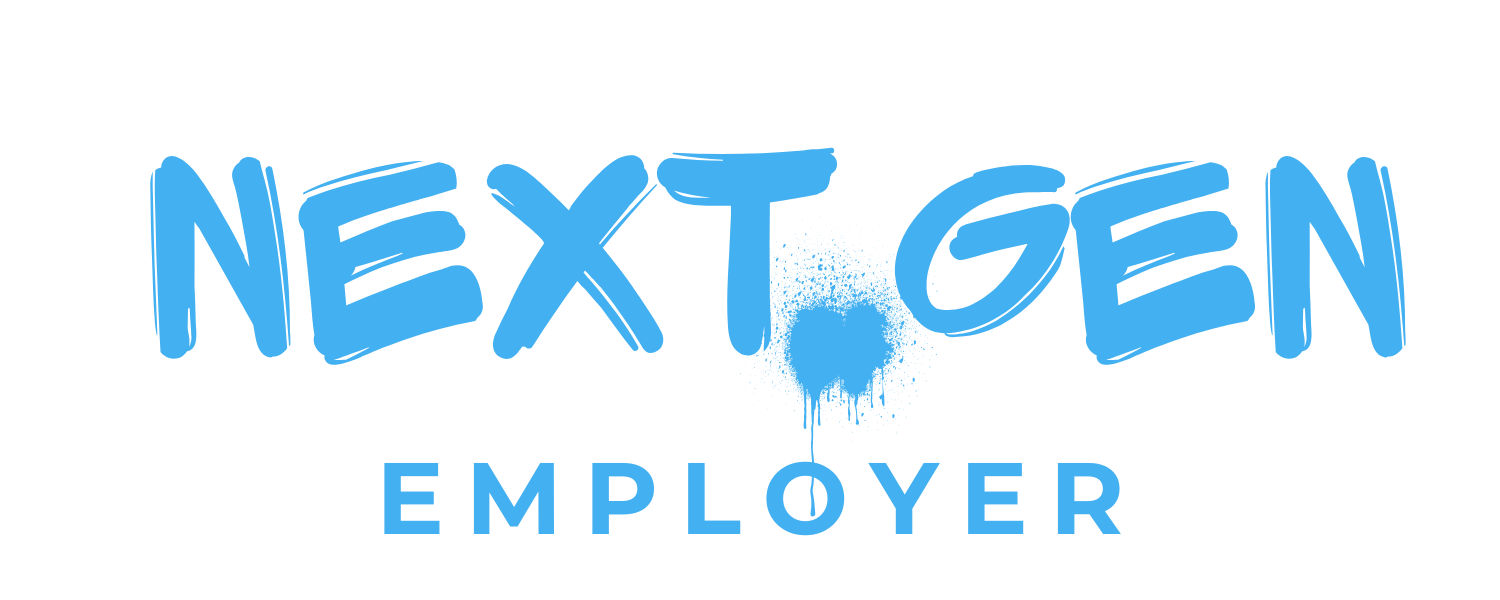Skills for Care's Workforce Strategy highlights the challenges facing adult social care. Gen Z are an answer!

This workforce strategy is seen as a major turning point for care. It's at a critical time for a sector that still has a vacancy rate around three times higher than the wider economy. Soon to be 27% of the global workforce, Gen Z are the answer!
The Workforce Strategy by Skills for Care, developed with the adult social care sector, outlines the current state, drivers for change, and future goals to build a sustainable workforce.
Key points include the need for a unified strategy due to the fragmented nature of adult social care, the demographic changes necessitating workforce growth, and the challenges in attracting and retaining staff.
Like the NHS Plan, the Workforce Strategy covers the next 15 years. Skills for Care’s latest data shows that we will need 540,000 additional social care posts by 2040 if the workforce is to grow in line with the increase in the number of people over the age of 65 in the population.
That number is expected to grow most sharply over the next decade, so we will need 430,000 extra posts by 2035!
A critical part of addressing these challenges is the recruitment of Generation Z!
Soon to be 27% of the global workforce [World Economic Forum], this is a significant talent pool that we strongly believe can offer great value! Here’s why:
- Meaningful work is important to 8 in 10 of Gen Z [Global Web Index Report].
- Learning and development are their top priorities [Deloitte Gen Z Report].
- The Gen Z Trends Report by Global Web Index has some key findings - Gen Z over indexes compared to other generations:
- Motivated by helping others.
- Wanting to work in a place that challenges them.
- Passionate about their career progression.
- Growing up surrounded by technology means this generation could hold the key to solving some big challenges facing the adult care sector.
The demand for talent is only going to increase in adult social care, so Gen Z is primed to help fill the gaps in demand. What do you think?

